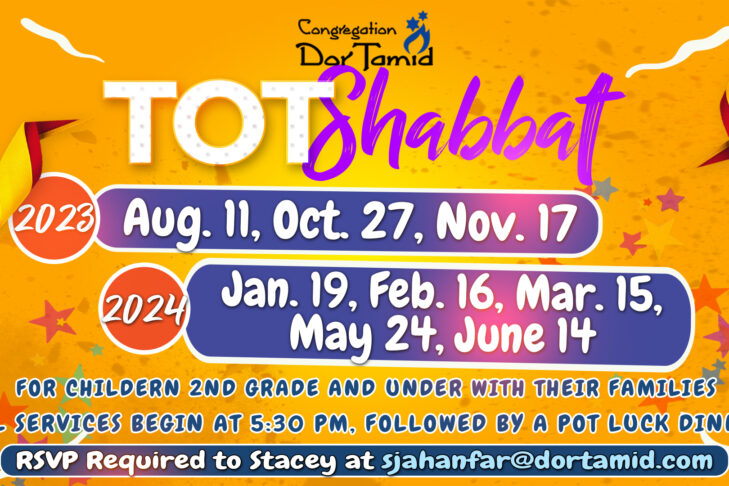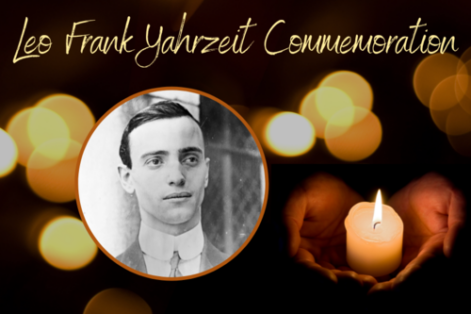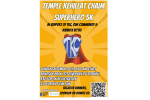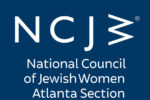In addition to his other writings, Dublin author Gerry Mc Donnell (McDonnell) has produced a unique series of poems, plays, novellas, and essays concerning Irish Jewry. His Lost and Found (Lapwing Publications, 2003), a narrative poem published two decades ago and centering on Mono, a homeless Jewish man living in Dublin’s Phoenix Park, is part of that lifework.
As a Jew and a homeless man living outdoors, Mono is both figuratively and literally an outsider. His very name suggests a person alone and apart. Furthermore, Mono is intimated to perhaps be one of the thirty-six (lamed vav/ל”ו) righteous people (צדיקים) who in each generation, according to rabbinic teachings, ensure the world’s continued existence. (The Hebrew letters vav and lamed feature prominently on the book’s cover. Their order appears to have been reversed due to a printing error.)
One evening in the park, during the Jewish Festival of Booths/Tabernacles (Sukkot), Mono comes across a tent and a friendly man warming himself beside a fire. Mono approaches the man, who invites him to tea.
Sometime after that loneliness-disrupting encounter, however, Mono is robbed in the park by a drug addict, who both needs a fix and is a hater of foreigners. After robbing him, the man repeatedly demands to know where Mono is from. When his fellow addict suggests that Mono is ‘a refugee,’ the robber exclaims that he reviles those people. He then stabs Mono even after being given whatever money the homeless man has.
Mono’s attackers do not know or care about his personal religious beliefs, but he is murdered due to their hatred. His homelessness and foreignness — and his abuse at the hands of bigots, initially in London and finally in Dublin, as recounted in the poem — culminate (as they did historically for most of Europe’s Jews during the Second World War) in dispossession and murder. Portions of this moving poem may be read allegorically, especially in the context of Mc Donnell’s cumulative writings about Jews.
For more on his other work, see this Atlanta Jewish Connector article.
This post has been contributed by a third party. The opinions, facts and any media content are presented solely by the author, and Atlanta Jewish Connector assumes no responsibility for them. Want to add your voice to the conversation? Publish your own post here.

























































